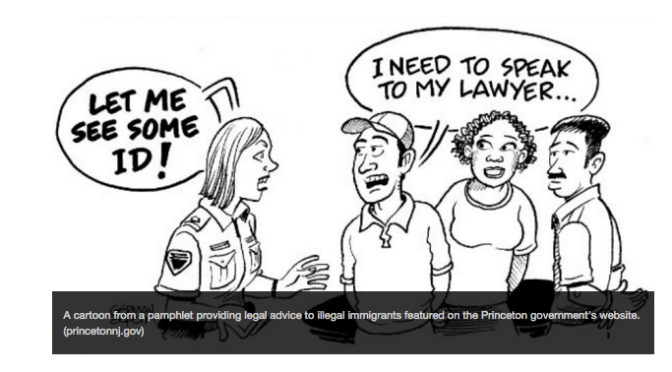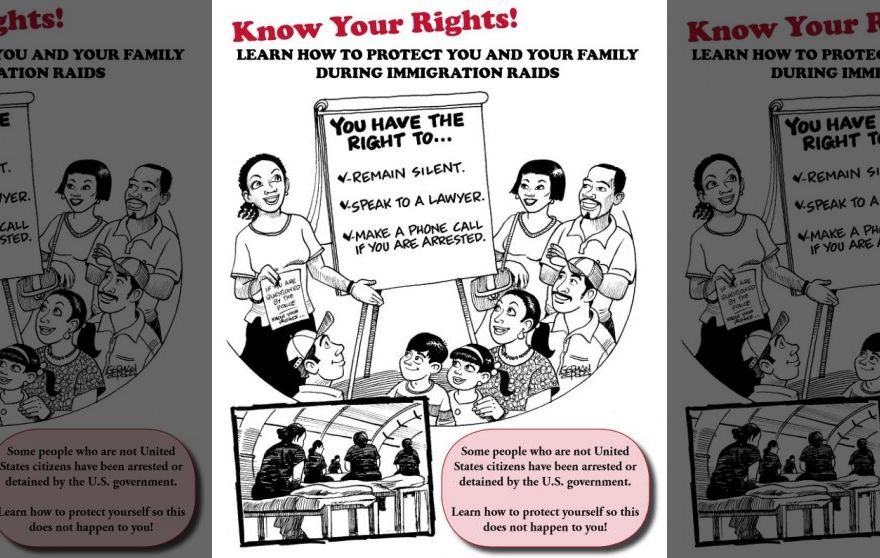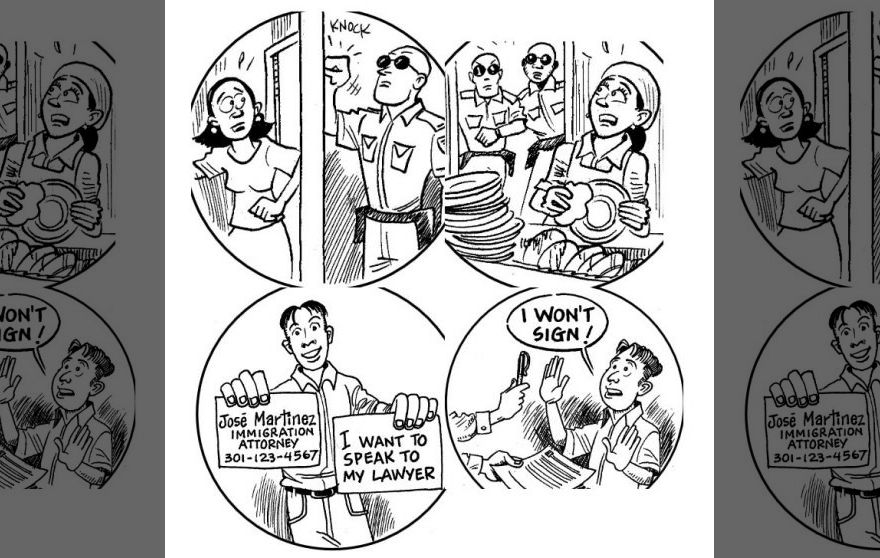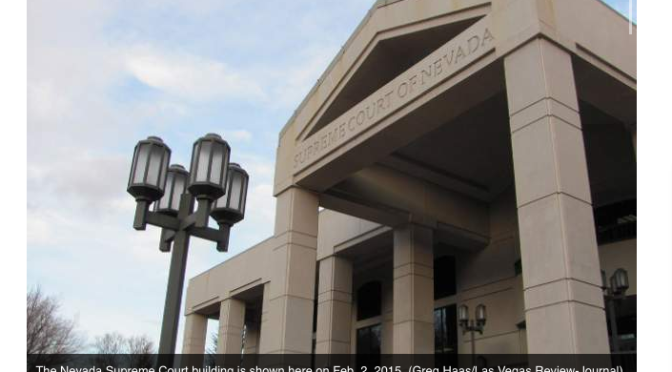WASHINGTON – Drug company executives should be prosecuted for improper actions that contribute to the growth of opioid addiction, an Oregon assistant attorney general told a Senate committee Tuesday.
“We have to have more personal accountability of the executives who make these decisions,” David Hart testified at a hearing of the Senate Finance Committee on the opioid addiction epidemic. “They can’t walk away with their stock options and their salaries.”
Hart, head of the Oregon attorney general’s health fraud unit, has led several investigations into improper marketing and promotion practices by pharmaceutical companies that make the highly addictive painkillers.
In response to questions from Sen. Ron Wyden, the ranking Democrat on the committee, Hart also said the companies should be required to forfeit the profit they earn from their improper actions.
“We need to have these companies help clean up the messes they make,” Hart said.
He cited the state’s investigation of Insys, the maker of a painkiller called Subsys. Investigators alleged the company provided “improper financial incentives” to doctors to increase prescriptions, promoted the drug to doctors not qualified to prescribe it, and deceptively promoted its use for mild pain.
The company agreed to a voluntary settlement last August that included a $1.1 million payment, which Hart said amounted to two times its sales of the drug in the state of Oregon. The money is being used to fight opioid addiction.
Hart also was involved in a 2007 settlement among Oregon and 26 other state attorneys general and Purdue Pharma, after the company was accused of misrepresenting OxyContin’s risk of addiction.
Wyden said one common theme he heard during public meetings in Oregon last week on opioid abuse was a phenomenon he dubbed the “prescription pendulum.”
In past years, he said, doctors were criticized for not being aggressive enough in prescribing medication to manage severe pain. Now, the issue has swung the other way and doctors are being criticized for overprescribing pain killers.
Oregon ranked fourth among states in the rate of abuse of prescription painkillers, according to a 2013-2014 survey by the federal Substance Abuse and Mental Health Services Administration. That’s down from first among the states in the same 2010-2011 survey.
Between 2000 and 2013, there were 2,226 deaths in Oregon due to opioid overdoses. While the overdose death rate has dropped in recent years, in 2013 it was still nearly three times the rate in 2000.
“This epidemic is carving a path of destruction through communities all across the country,” Wyden said.
He said he worries policymakers are splitting into opposing camps: one focused on increasing enforcement and the other favoring more resources for treatment.
“What’s needed is a better approach that includes three things: more prevention, better treatment, and tougher enforcement,” Wyden said. “True success will require all three to work in tandem.”
The committee is expected to take up legislation soon that would allow for people in the Medicare program who are identified as at-risk for opioid addiction to be placed in a special program under which all of their prescriptions would be handled by one doctor and/or one pharmacy. Opioid abusers often will obtain multiple prescriptions for the painkillers.
In 2013, 3.6 million prescriptions for opioid painkillers were dispensed in Oregon, enough for nearly one prescription for every resident.







